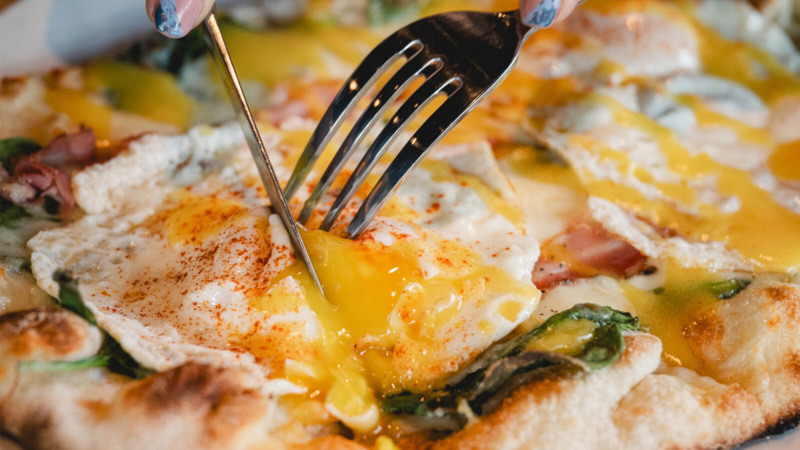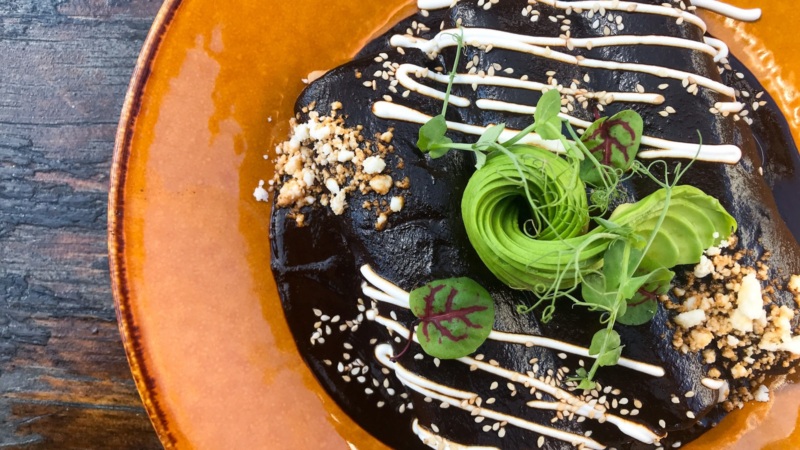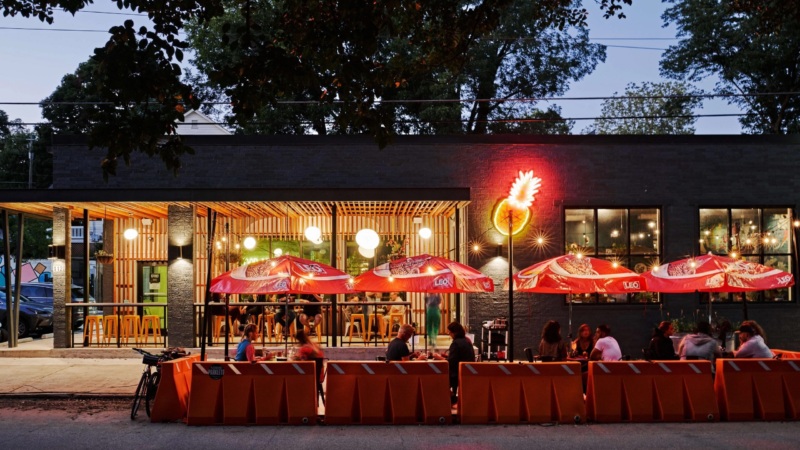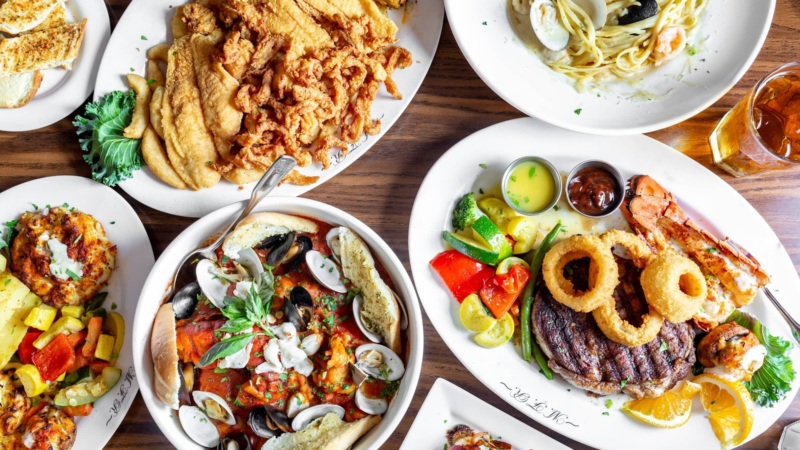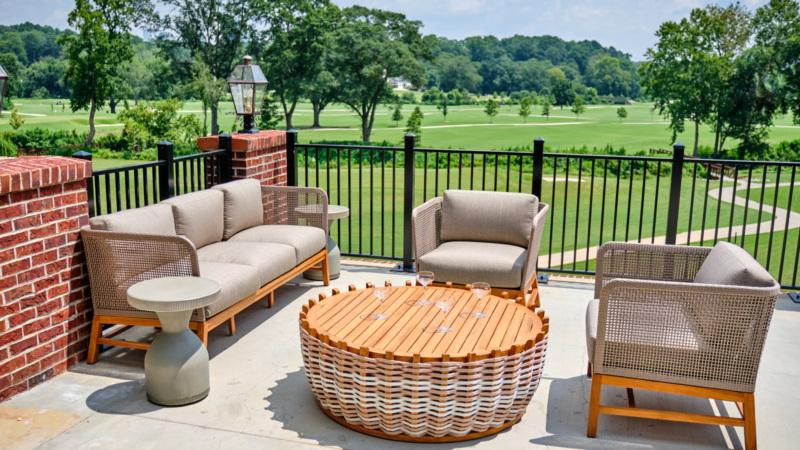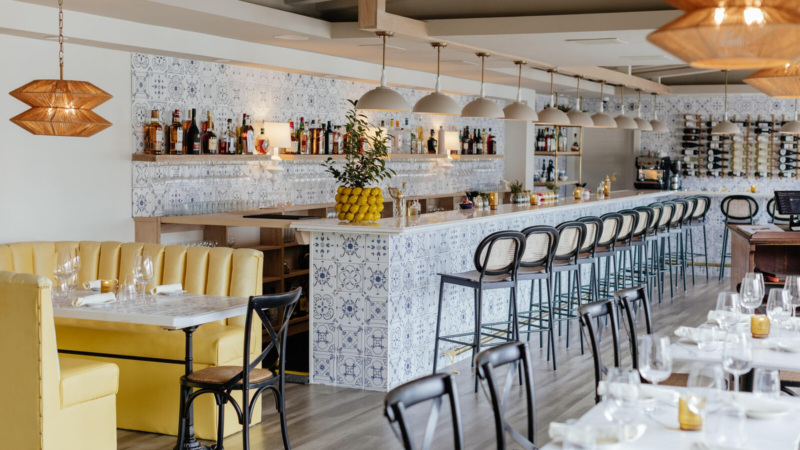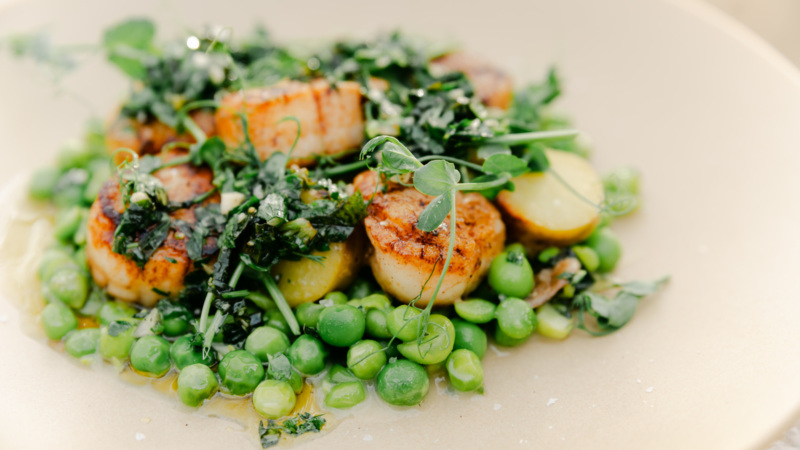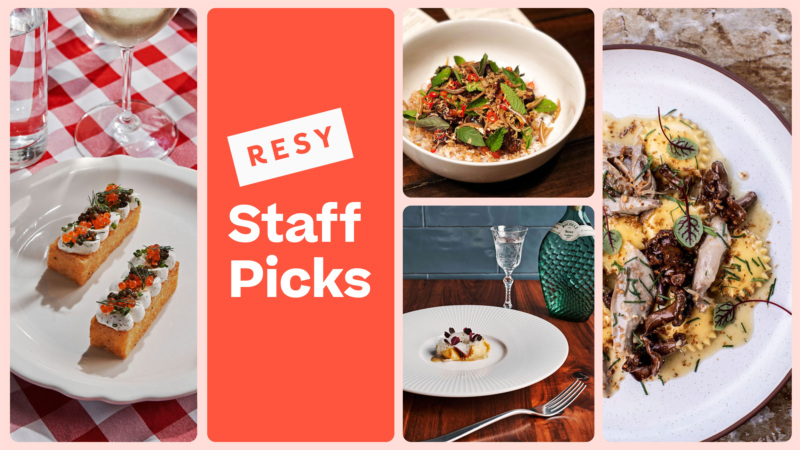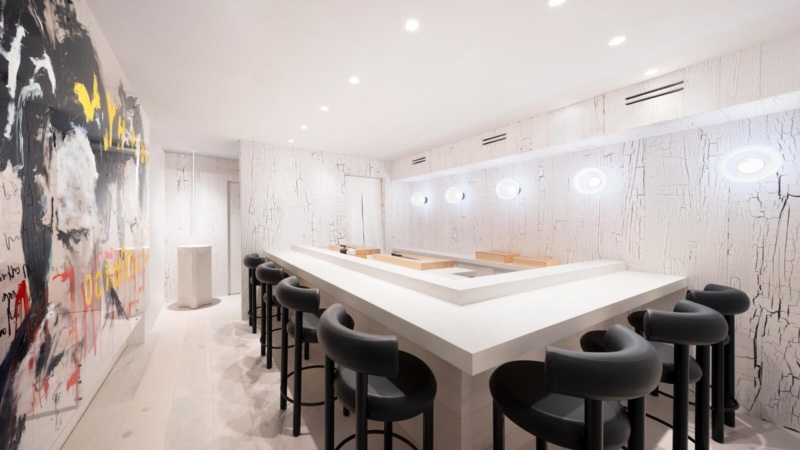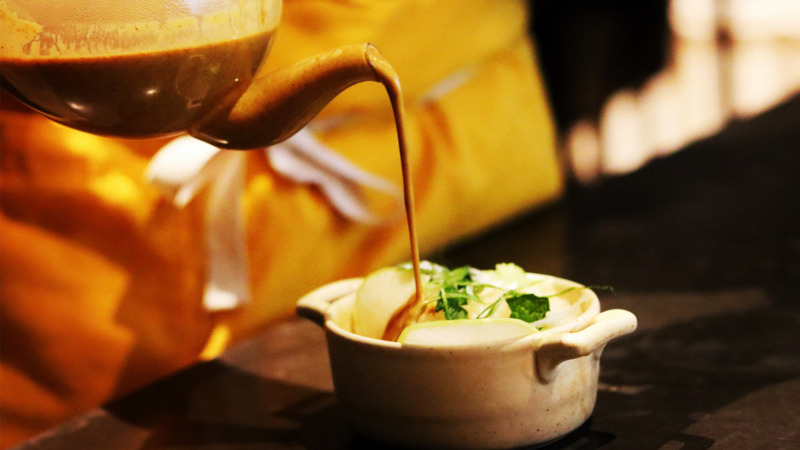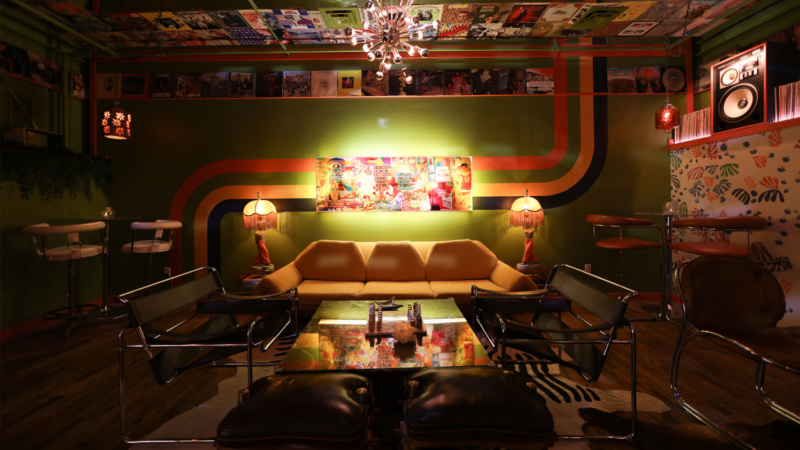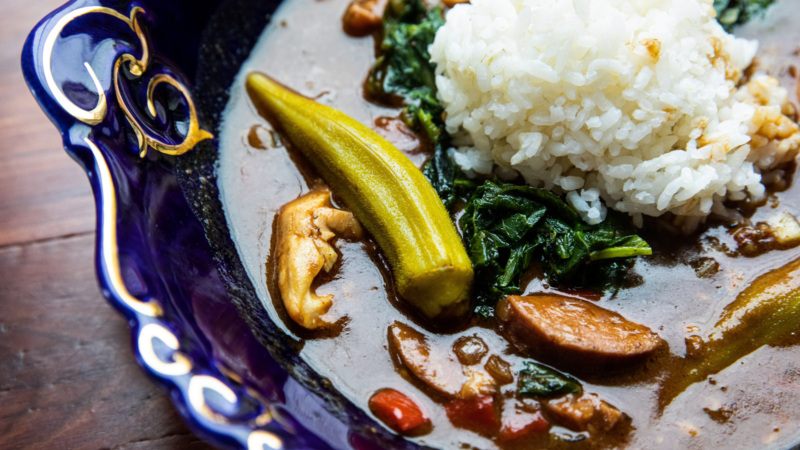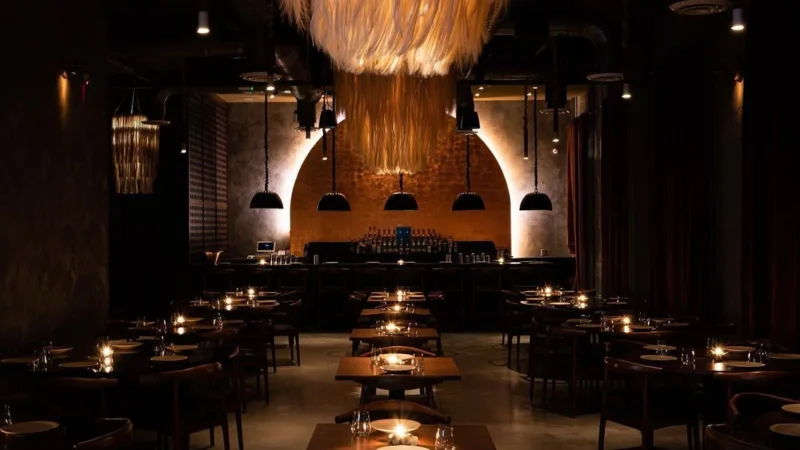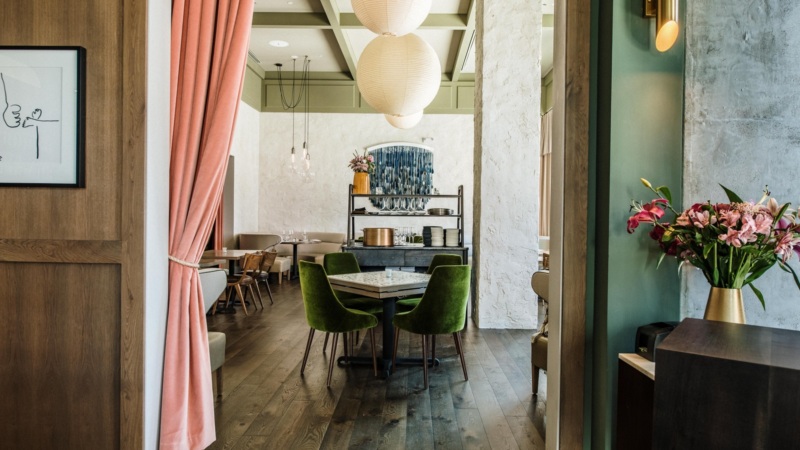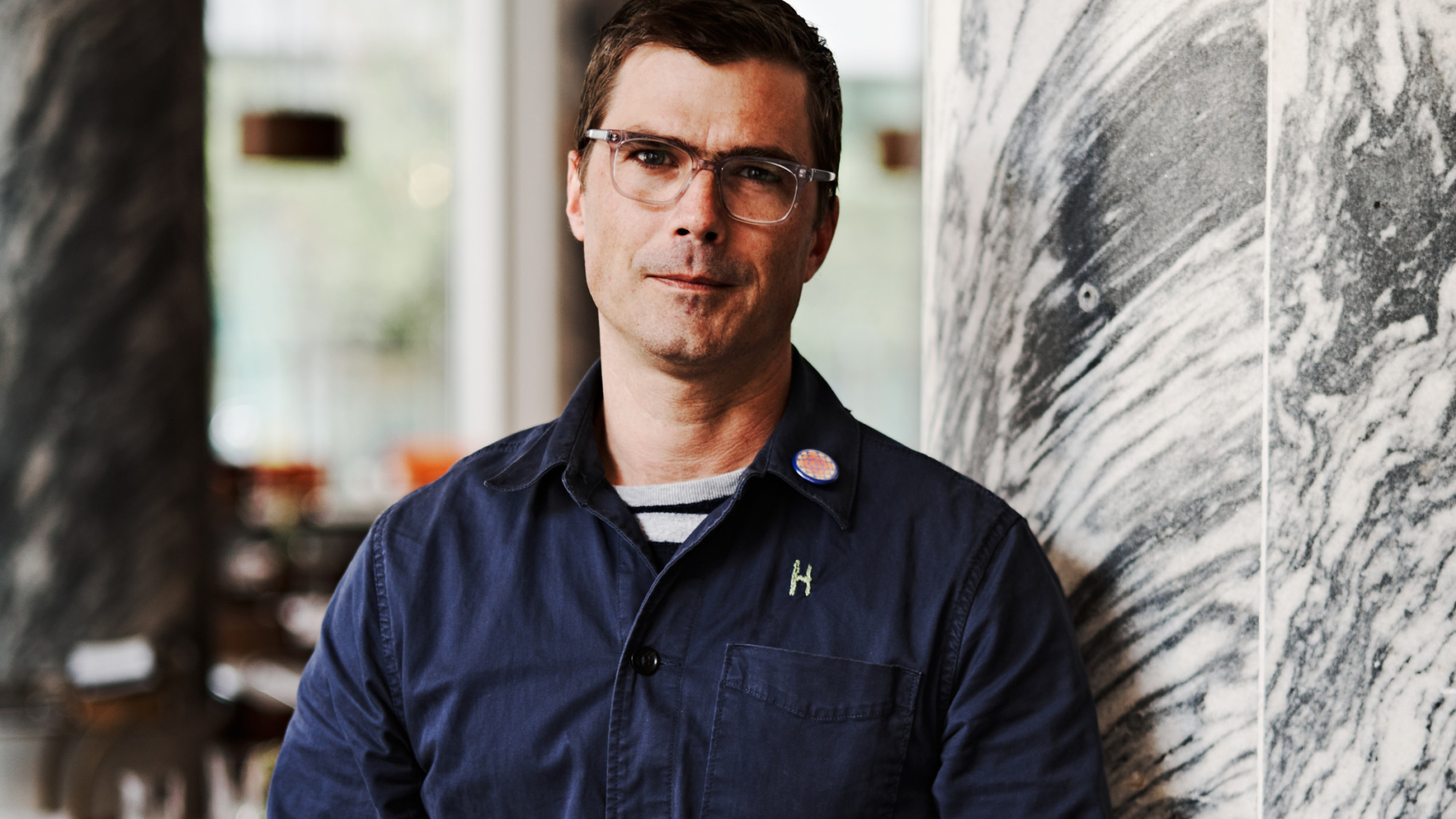
Dear Restaurants, We Don’t Need to Rush Back
Bizarro restaurant world may be the only thing we see today, but the past months don’t reflect the industry I know.
I went into restaurants many years ago at the age of 15, looking for a place to belong. I found one that welcomed me, and taught me how to be a professional. I grasped with glee onto the endless topic of food and beverages, a trove that has made me a lifelong learner, delighted to discover new things every day.
The good thing about the world of restaurants is how often they are places of constantly managed crisis. We triage complex situations daily, and find solutions, like the dishwasher that breaks down on a Friday at 7:30 p.m. We roll up our sleeves and get the work done.
A woman at table 10 once choked on a chicken bone, and two kind doctors at the bar swooped in and took her to the restroom to fix the scenario. No one even noticed, and she returned to her table a little embarrassed but very thankful.
My restaurant Five & Ten used to flood on a regular basis, once with a literal foot of water pouring through the front door in big storms, at 8 p.m. on a Friday. Diners took off their shoes, rolled up their pants, and continued dining by candlelight as the power shut off. They all paid their bills and splashed away with smiles and full bellies.
But the ides of March — now April, too — have brutally ravaged my industry. My team and I, like many others in hospitality, are perplexed as to what the future holds. And in these pandemic times, we are faced with some financial decisions that are not in our wheelhouse. How long can we last just being shuttered? Do I change concepts, and start doing food to go? And what are the hours for that? Do I print new shirts and ramp up merchandise to sell online? How much is a bumper sticker worth from a permanently shut-down restaurant? Do I sell all the wine inventory? Can I just become a dental hygienist?
Basically, we did much of that. We did takeout for a while, but demand was erratic. We sold a ton of wine, but that has a shadow consequence of us needing to reinvest in stock prior to opening again. We printed some shirts. I did not become a dental hygienist.
The perils of reopening
The most unsettling dilemma might be that we’ve now been asked to unlock our businesses. My state of Georgia was the first to recklessly and stridently ask us to put out the “OPEN” sign. Businesses such as tattoo parlors, wax salons, barber shops, bowling alleys, and gyms were allowed to reopen last week, and restaurants got clearance on April 27. Yet Georgia has tested just over 1% of a population of 10.5 million. We have rural hotspots to deal with, and a rural hospital network that is broken. We have communities in distress, and I think fine dining is the last thing we really need right now. It’ll happen again, but not just yet.
The muddled financial reality is that even if we did reopen, how many diners would there be? If I properly space out tables, I lose half my seats. But I don’t think that I would do even 10% of a normal night’s covers for the next few weeks, maybe months. I am not a scientist, but I do listen to the science, and it tells me that this is not over.
I am, however, the son of an economist. And with annual sales of $2 million cut in half at best, how does the system expect me to retain my people in the long run? Will my landlords be happy to take less? Will the farmers I buy from be solvent with half-orders? Will I ever host a cocktail party for 40 in the bar area again? Will a group of 12 feel comfortable having a business dinner? I really think that customers will trust us, as long as we show them our plan. But no one is rushing out to have a crowded function for a while.
And my places, actually, are in a pretty good position. They are large, and have room to scatter tables with more space between. The room that sat 20 will now seat 12. We will adjust prices a touch to offset the losses, and figure customers will understand why we did. We have outside dining areas, which will be critical to our making people feel assured of their safety. That may be a key change in cities across the country: the easing of restrictions on sidewalk dining. We have to allow hospitality in ways that were forbidden before to reclaim some of our lost revenue.
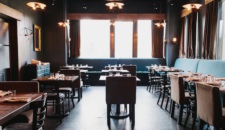
I trust chefs, for the most part, to do the right thing. We know that no one will dine with us if they don’t feel safe. But I also worry about financially burdened restaurant owners who feel they have to move faster than they’d like in order to get their bills paid, who may not take the necessary steps to ensure the health of their workers and their customers. Looking nationally, I worry about a muddle of different state-by-state rules that have little logic. I worry about economically-stricken workers who will get called back to the schedule, desperate for their jobs. There will be no jobs if they have to quit because of honest and well-founded fears about their own health. And one person can infect swaths of others. What once would have been a small oversight, like ignoring a fever, could rapidly ruin any progress we’ve made. To shoulder our workers with the brunt of this responsibility seems unfair, to say the least.
A path forward
While we’ve been closed, we have been doing what we know: feeding nutritious meals to in-need communities and first responders. Backed by World Central Kitchen, we’ve served almost 25,000 meals in four weeks. This response makes us proud. It takes our skills — making food, expediting, dispatch, and delivery — and puts them to good use. It also keeps about 40% of my staff busy; the rest stay on payroll, working on projects from their homes. Some are making tabletops with their woodworking skills, others are charged with art and design projects, and many are working on thorough plans of how our new restaurants, essentially, will act every moment of the day, to ensure the safety of employees and diners alike.
To me, this was the only reasonable response — at least until testing rises to a level that alleviates my stress about the unknown. So I need to see testing expand. Rather than opening rooms full of plexiglass tents and hand sanitizer, places that are alarming and unwelcoming, I need to have systems in place that create an environment of smart respite, systems that will ensure the safety of my people, my family, my customers, my vendors, and my farmers. When I do, we will serve food, and grace, once again.
Indeed, every restaurant should be creating a manifesto of how things will be after — building true systems of sanitation, accountability, and tracking. If, for instance, you are a restaurateur who doesn’t understand the detailed HAACP plans that govern food safety, you should not be open. If you still compare COVID-19 to the annual flu, you should not be open. If you are reopening to pay the bills, and that financial duty is your first priority, you should not be open.
What happens when we fully reopen, no one really knows. I know that the world has changed. But hospitality has always filled the void, and I figure restaurants will figure out a way to do so again. I promise to deliver food and service with empathy and passion — but at a safe distance, and with an understanding that not rushing back in is the only way.
Hugh Acheson is the owner of Five & Ten in Athens, Ga., and Empire State South and By George in Atlanta; and winner of the 2012 James Beard Foundation award for Best Chef: Southeast. Follow him on Instagram and Twitter. Follow Resy, too.
Discover More
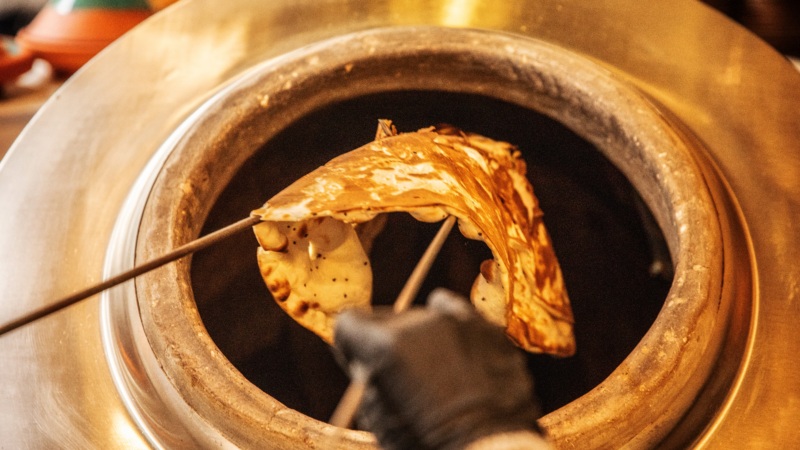
Stephen Satterfield's Corner Table

